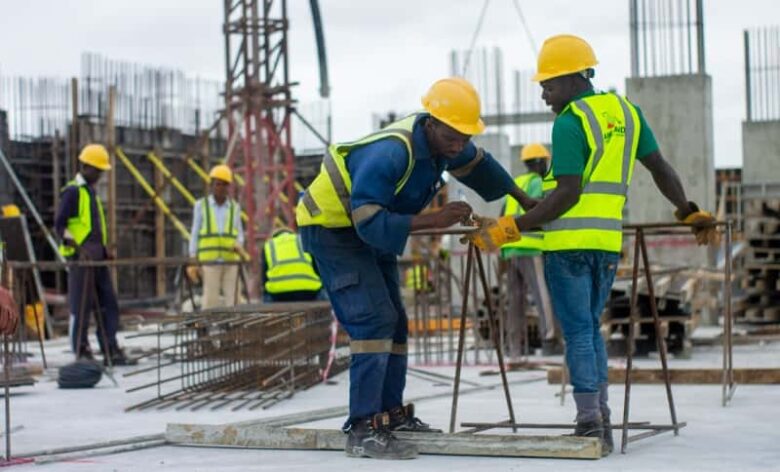The construction industry engages in projects that are of high-ticket size, and often have irreversible results due to physical structures. In the residential industry, one has to comply with many rules and regulations to ensure the safety of future tenants.
Thus, residential services contractors need to follow the best practices of construction management for compliance. Any project delays lead to an increase in costs, which are very difficult to pass on to common residents.
Read more to understand how you can ensure your residential construction project gets completed within budget and timeline.
What can go wrong for a residential services contractor?
Residents have huge expectations from the residential contractor as they expect to own a ‘home’. The ‘human’ factor is of prime importance in the delivery of residential projects.
Here’s what you need to take care of:
- Cost Overruns:explaining any extra price for project completion is definitely going to make your customers unhappy in the B2C construction space. Otherwise, you will have to bear the costs, leading to reduced profits
- Communication losses:buying a property involves lots of paperwork and compliance. Any changes in deadlines and the project plan have to be communicated fairly to the customers, government officials, field service teams, and vendors. Not adhering to such norms can lead to legal action and contractual disputes.
- Quality and safety issues:since construction sites are hazard-prone, a residential services contractor needs to ensure necessary precautionary steps are taken. Violations or injuries due to accidents cause serious reputational damage. One also has to ensure quality control is maintained when delivering the project. Poor workmanship or usage of defective materials can also cause long-term damage to the constructed property and the death of its residents.
The above issues are solvable if appropriate measures are taken to effectively manage construction projects.
5 Best Practices For Residential Construction Project Management
Implement these five project management practices for ensuring customer satisfaction and improve field service team productivity:
Place active lines of communication with stakeholders
Residential projects are a big part of your customers ‘dream home ownership’ aspirations. You can automate sending project updates like milestone achievements, delay notifications, or progress in their service requests.
Zuper’s customer management software also allows you to gain insights from customer data and manage payments.
The same applies to your vendors – with whom you need to have clear and concise conversations about project requirements and progress. Miscommunication causes constant back-and-forth, leading to mistakes and delays.
Invest in training field service teams
One of the best measures for quality control in construction management is to hire good talent for project execution. But finding field service talent isn’t easy – hence, you may have to upskill your workers in best construction practices.
You can conduct safety workshops, and provide hands-on training with tools like field service management software. Teach your field service teams on ensuring customer satisfaction when they conduct field visits.
Use project management software with features for the field service industry
As residential projects get more ambitious, the usage of field service management (FSM) software is becoming inevitable. It helps you streamline your field service teams and resources with execution expectations from top management.
For example, managing large sums of money should be done with accurate accounting and invoicing software. An FSM helps you handle vendor payments by tracking invoices, share updates and remind about any late payments. Explore Zuper’s vendor management and invoicing features to learn more.
Implement quality management workflows
Rising property prices mean customers today expect efficiency and quality homes handed to them for the price paid. Thus, you must enforce strict quality control measures across your on-field and off-field workflows.
For example, you can build SOPs on material storage on the job site and conduct surprise quality checks.
A residential contractor should also conduct vendor onboarding checks before assigning them with the job. This includes conducting quality checks by visiting their facilities for inspection periodically.
Prepare for the worst with risk management
Every project management workflow requires a risk assessment. Using FSM software, you can detect any anomalies or risks early. Data plays a key role in modern project management – and analyzing past data helps prevent mistakes and detect patterns.
A residential service contractor should invest in good risk management firms and softwares that are enabled by artificial intelligence. From project plan to handling keys to the customer – account every possible failure scenario and place SOPs for prevention and mitigation.
Focus on streamlining and quality to successful complete residential construction projects
A field service management software offers you a completed packaged solution to implement the five best practices mentioned. From dispatching field service teams, customer management to work order streamlining – FSM helps put everything in order via automation.
At Zuper, we have enabled many residential services contactors with their workflows across the project life cycle. Book a demo today to learn how we can help your field service business.






Leave a Reply